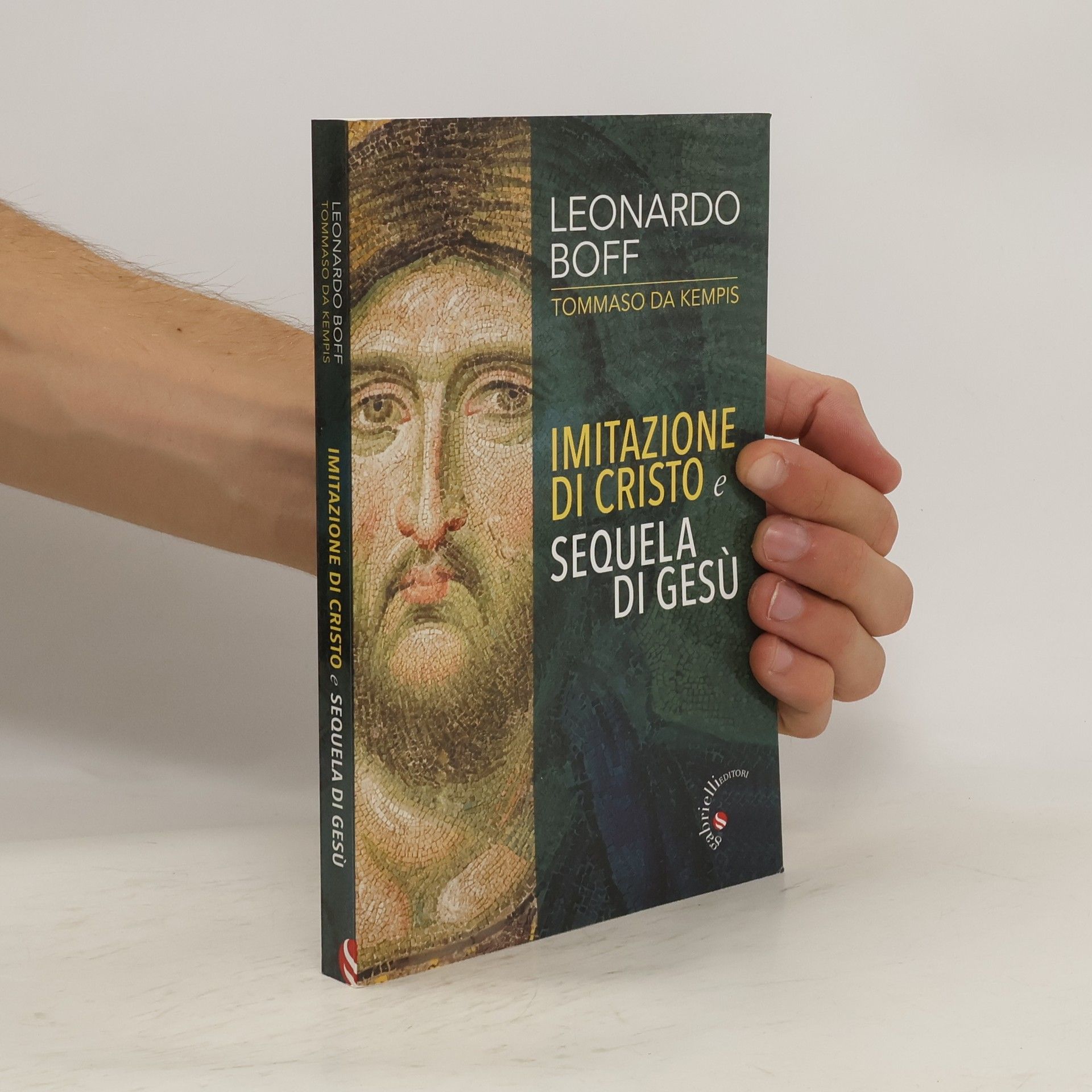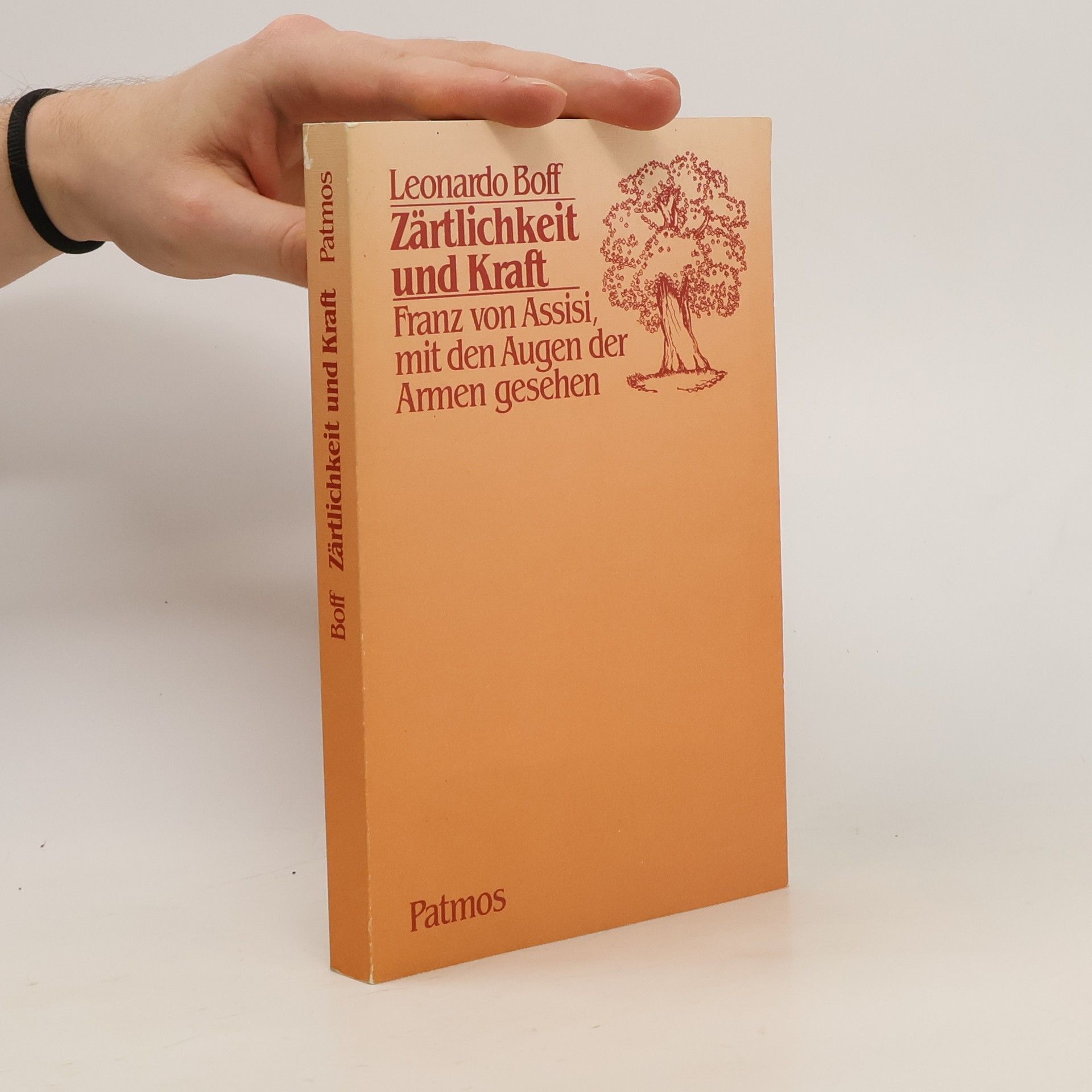Leonardo Boff Livres
Leonardo Boff est un éminent théologien de la libération dont l'œuvre aborde en profondeur des thèmes tels que les droits de l'homme, l'écologie et la critique de l'injustice sociale. Ses écrits se caractérisent par un appel urgent à la dignité pour tous, en particulier pour les opprimés et les marginalisés. L'approche de Boff, éclairée par une perspective latino-américaine, relie la réflexion théologique à une éthique sociale pressante. Sa quête inébranlable de justice en a fait un intellectuel influent et un défenseur des droits de l'homme à l'échelle mondiale.

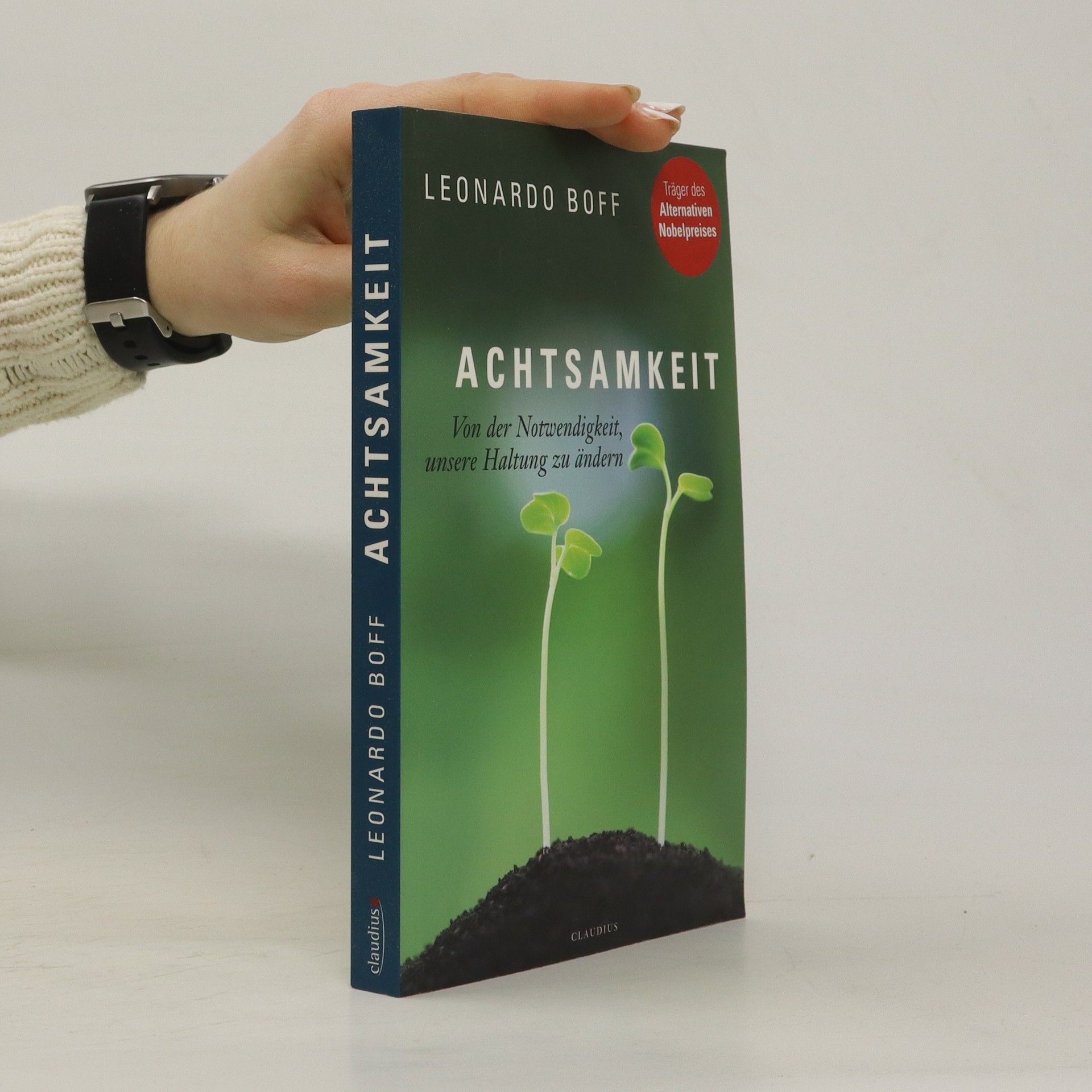
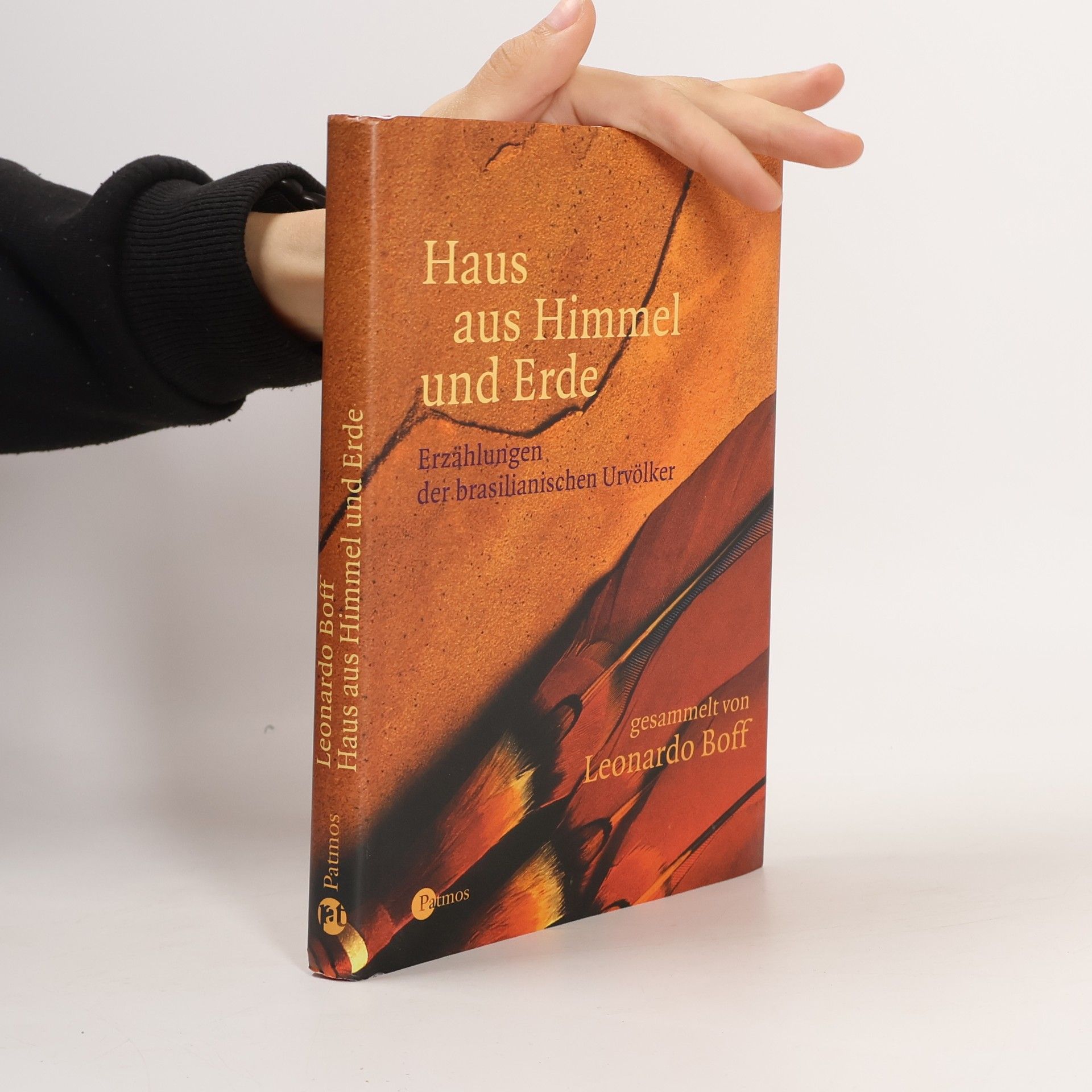

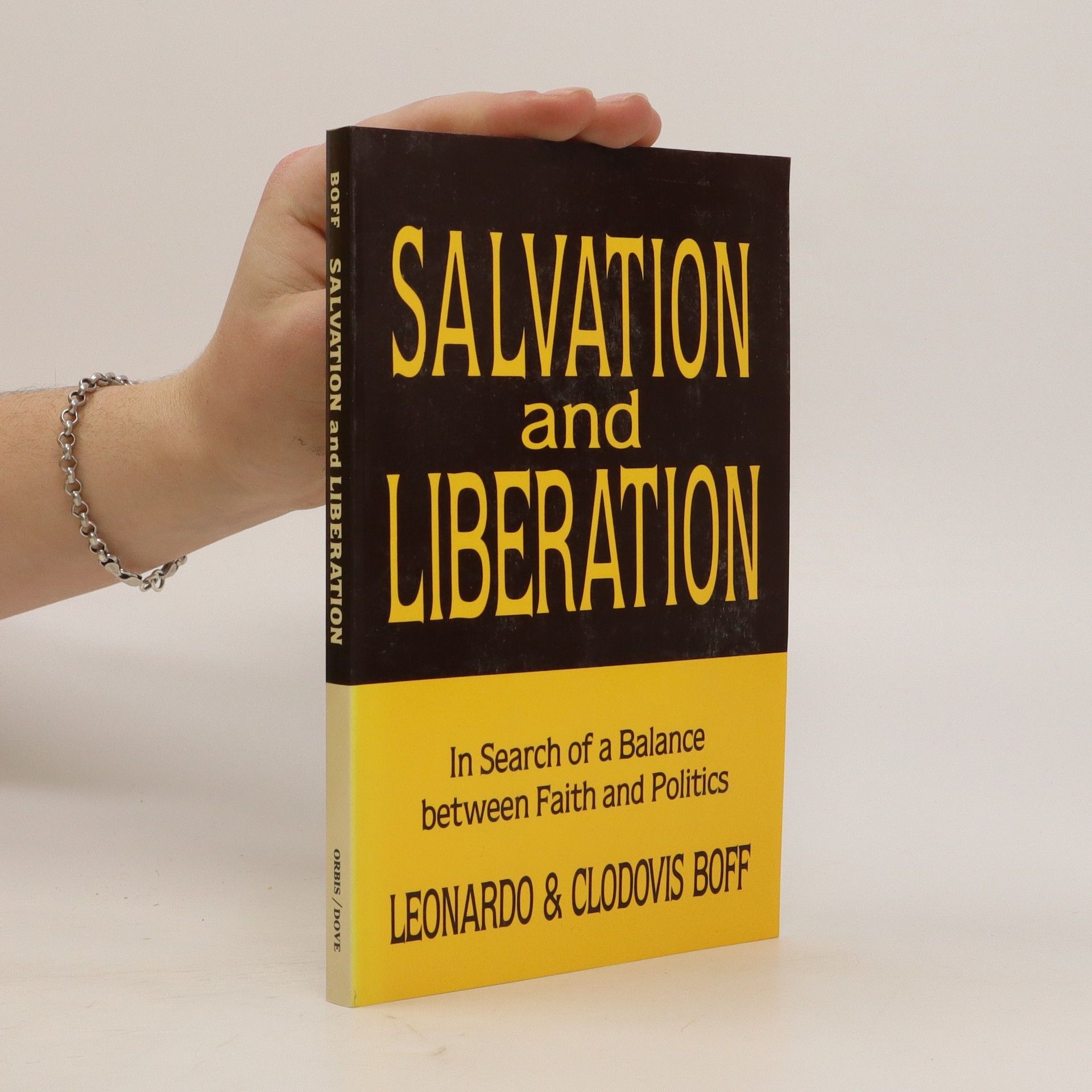


Jesus and His Abba: A Little Christology
- 120pages
- 5 heures de lecture
The book explores the profound connection between Jesus and God, asserting that this relationship is central to understanding Jesus's identity and mission. Through this lens, the author delves into the implications of divine intimacy for Jesus's teachings and actions, emphasizing how this bond shapes his role within the broader context of faith and spirituality.
Way of the Cross-Way of Justice
- 140pages
- 5 heures de lecture
The book explores the dual perspective of theology, emphasizing its historical roots and contemporary relevance. It examines how past events of salvation inform current beliefs and practices, highlighting the interplay between historical context and modern faith experiences. This approach invites readers to understand the dynamic nature of salvation as both a historical occurrence and a present reality.
Haus aus Himmel und Erde. Erzählungen der brasilianischen Urvölker
- 160pages
- 6 heures de lecture
In "Eine unmögliche Liebe: Die Wasserfälle am Iguaçú" wird die Geschichte der Kaingang-Indianer erzählt, die jedes Jahr ein Mädchen dem Bösen zur Heirat anbieten. Die schöne Naipí, Tochter eines Häuptlings, verliebt sich jedoch in den Krieger Taborß, was die Traditionen und das Böse herausfordert.
Veränderung beginnt im Kleinen und bei jedem Einzelnen, bei der Änderung unserer Haltung und unseres Verhaltens. Das Bild einer besseren Zukunft, das der weltberühmte Befreiungstheologe und Träger des Alternativen Nobelpreises Leonardo Boff entwirft, ist radikal, aber konkret und umsetzbar: Liebevolle Sorge füreinander und die Welt führt automatisch zu einer Abkehr vom Wahn des unbegrenzten Wachstums hin zu Frieden, Gerechtigkeit und Schutz der Umwelt. Ein neues, von Liebe und Respekt getragenes Menschenbild und eine Ökologie der Nachhaltigkeit, im Kleinen wie im Großen – das ist Boffs Vision einer neuen Achtsamkeit.
Orol a kura
- 116pages
- 5 heures de lecture
Každý človek skrýva v sebe orla. Tento orol sa chce narodiť, uzrieť svetlo sveta. Cíti sa povolaný vzniesť sa do výšky, k slnku. Stojíme teda nevyhnutne pred výzvou oslobodiť orla v nás. V našich úvahách nie je orol iba dravý vták. Predstavuje jeden z archetypov. Každý archetyp žije, a preto nie je len fosíliou ľudského nevedomia. Podobne aj kura predstavuje jeden z archetypov. Kura je vyjadrením aspektov, ktoré sú v rozpore s tými, čo pripisujeme orlovi, no zároveň ich aj dopĺňajú. Orol a kura teda symbolizujú celok ľudskej existencie. Zdráhame sa byť len kuraťom. Chceme byt aj orlom, dobývať výšky... S radosťou pristupujeme k svojim pevným koreňom (kura), ale svojou korunou (orol) cítime slnko, dážď, vzduch a vesmír. Naša orlia existencia sa musí opäť dostať k slovu. Orly nemajú nič proti zemi, veď tam získavajú svoju potravu. Nie sú však stvorené, aby behali po zemi; sú predurčené lietať vo výškach a merať svoje sily s horskými vrcholmi a búrkami.


